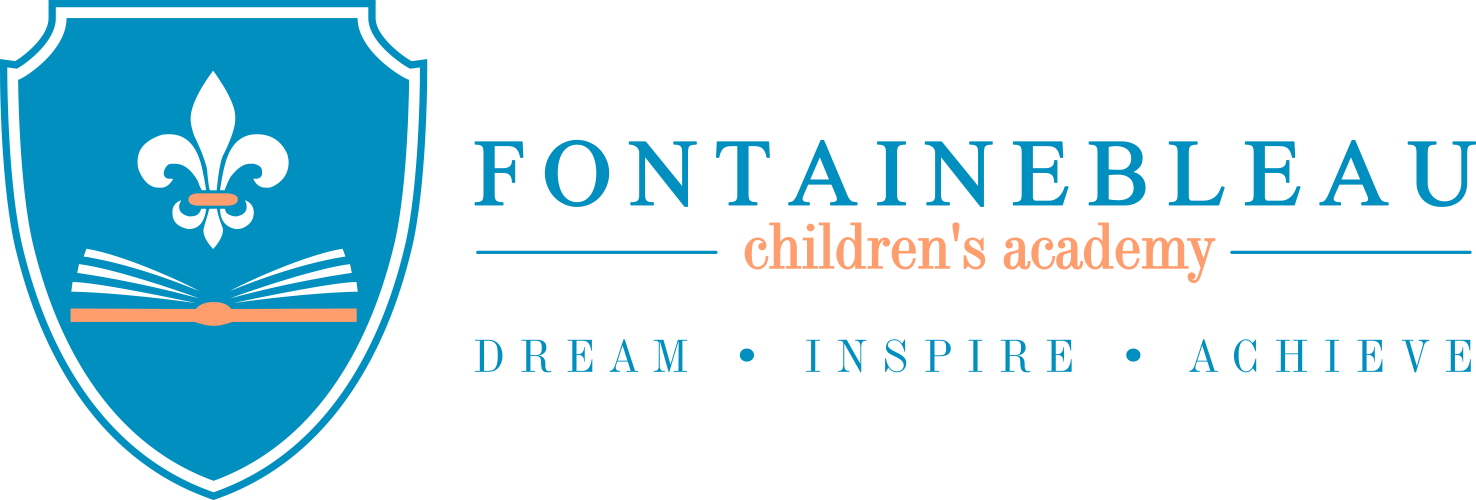2. Innovative Approaches to Early Childhood Education
Early childhood education is constantly evolving, with new research and teaching methods shaping the way young children learn. At Fontainebleau Children’s Academy, we embrace Frog Street’s curriculum, a research-based, intentional approach to early childhood development that fosters creativity, independence, and a lifelong love of learning.
How Frog Street’s Curriculum Enhances Learning
- Play-Based Learning – Frog Street integrates purposeful play with structured learning experiences. Activities like dramatic play, music, and movement develop problem- solving, collaboration, and critical thinking skills.
- Social-Emotional Development – Our program places a strong emphasis on emotional intelligence, self-regulation, and positive peer interactions, helping children build confidence and resilience.
- STEM for Early Learners – Through hands-on exploration, children engage with science, technology, engineering, and math concepts in an age-appropriate, engaging way.
- Language & Literacy – Frog Street uses storytelling, interactive read-alouds, and phonological awareness activities to build a strong foundation in literacy.
Why Innovation Matters
The early years shape a child’s future learning experience. By incorporating Frog Street’s curriculum and other research-backed methods, we ensure that children develop essential life skills while still having fun and feeling supported. Whether it’s through play-based learning, STEM activities, or social-emotional growth, today’s early childhood education is designed to prepare children for success in ways that go far beyond traditional learning.




